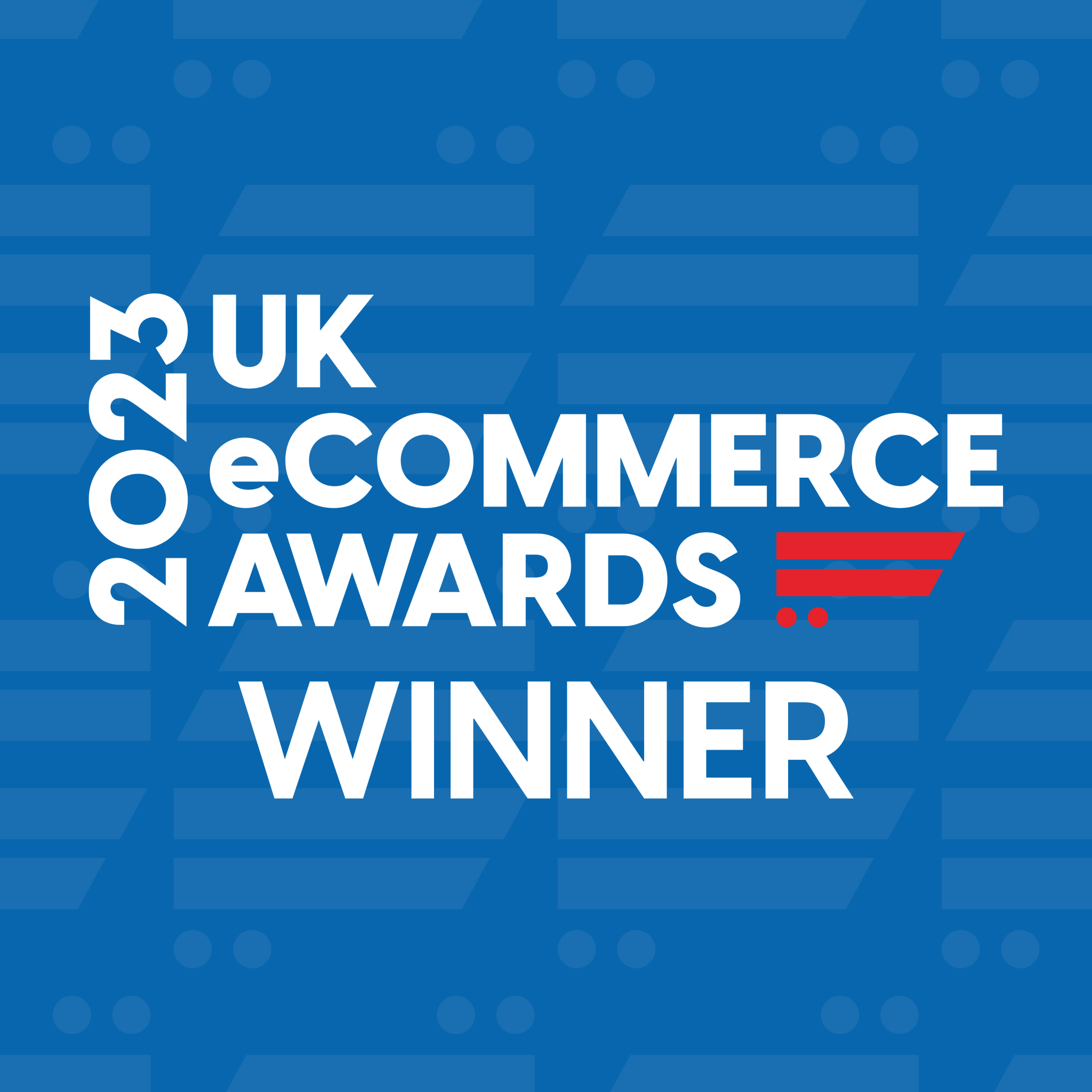Link acquisition has been around in many forms for years and has often been seen as one of the most important elements within an SEO campaign. Links are a great way to showcase to Google that people trust your website and find it useful – after all they are linking to it – and they’re also a great way to drive referral visitors to your website, in addition to building a great neighbourhood for your website to be in – but it’s not enough to just build links into your website and leave it at that, you need a strategy to maximise the impact of link building by looking at which pages you are directing your links into.
Many people focus exclusively on building links to the homepage, but in many instances this misses out a lot of value that can be created from deeper page linking.
Deeper page linking is something that has been discussed widely – but in practice it’s something that we need to actively incorporate into our campaigns. We can help to guide this by developing effective/thematic strategies to target specific sections of our website with targeted campaign to help grow authority within these sections and improve overall performance.
Why Is Deeper Page Linking Important?
So you might be asking – is it not enough for me just to build great links into my website? While building great quality links into a website definitely helps performance, if we look at the mechanisms of link flow and equity we can see why targeting these campaigns to specific sections can help to add value.
Think of your website as one entity – any link juice that comes into that entity is received by the page the link is pointing to – as such, if 80% of your links point into your homepage then this will likely be one of the strongest pages on your website. This is great if you want your homepage to rank well, but in most instances, the pages with the best user intent match and the pages we want our users to go to sit further within our website, usually on product or service pages – and these are the areas we really want to give an equity boost.
With so many pages often on your website and usually some form of navigation to link all your key pages to the homepage, by the time you get to these pages a lot of link equity has been lost along the way and therefore the value from these links can often be heavily deprecated from what it was when it initially reached the website – as such, the value of getting link equity from the homepage to your sub-pages is far less than getting value directly from the source – hence deeper page linking is a popular option. By building the link directly to the page you are maximising the equity that you are passing to this page and helping to give that sub-section a boost.
Building links to deeper pages on your website can provide several benefits for your SEO strategy. One of the most significant advantages is the improved visibility and authority of individual pages on your site. When you build links to deeper pages, you signal to search engines that these pages are valuable and relevant, which can boost their rankings in search results.
This is especially important for websites with a large number of pages, as it can be difficult for search engines to identify and prioritize the most important pages on the site. By building links to deeper pages, you can help to ensure that these pages are given the attention they deserve.
Another benefit of deeper page link building is the potential to increase traffic, conversions, and revenue. When you improve the rankings of individual pages on your site, you make it more likely that people will find and visit those pages. This can lead to increased engagement with your content, more leads or sales, and ultimately a stronger bottom line.
How Do I Know Which Pages To Target?
If you aren’t sure which pages to target then a good start is to look at the pages that you are trying to rank/optimise or the pages that are the most valuable/important on your website.
There are several techniques and tools that you can use to identify which pages on your website to build links to for SEO. Here are a few:
💡 Analyze your website’s analytics data: One of the best places to start is by analyzing your website’s analytics data to identify which pages are already receiving the most traffic. By building links to these pages, you can help to improve their rankings and drive even more traffic to your site. Tools like Google Analytics and Adobe Analytics can provide you with detailed information about your website’s traffic, including which pages are the most popular.
💡 Use a backlink analysis tool: Another option is to use a backlink analysis tool like Ahrefs, Moz, or SEMrush to identify which pages on your site are already receiving links from other websites. These tools can help you to identify the most authoritative and relevant pages on your site, as well as opportunities for building additional links.
💡 Conduct keyword research: Conducting keyword research can also be helpful in identifying which pages on your site to target with link building. By identifying the keywords that are most relevant to your business and your audience, you can create content that targets those keywords and build links to the pages that contain that content. Tools like Google Keyword Planner, Ahrefs Keyword Explorer, and SEMrush Keyword Research can help you identify relevant keywords.
💡 Conduct a content audit: Conducting a content audit of your website can also be helpful in identifying which pages to target with link building. By reviewing your existing content and identifying gaps or opportunities for improvement, you can create new content that is optimized for search engines and build links to those pages.
Overall, there are many techniques and tools available to help you identify which pages on your website to target with link building for SEO. By taking a strategic approach and focusing on building links to your most authoritative and relevant pages, you can improve your website’s search engine rankings and drive more traffic, leads, and revenue.
What Tools Can I Use To Evaluate Which Pages I Should Build Links To?
There are several tools you can use to evaluate which pages you should build links to for SEO. Here are a few options:
💡 Ahrefs: A popular SEO tool that allows you to analyze the backlinks of your competitors and see which pages are getting the most links. You can also use it to analyze your own website and identify pages that are lacking in backlinks.
💡 SEMrush: Another popular SEO tool that allows you to analyze backlinks and identify the most important pages on your website. You can also use it to track your rankings and monitor your competitors.
💡 Moz: This tool provides a backlink analysis feature that allows you to see which pages on your site are getting the most links, as well as identify opportunities for new links. You can also track your rankings and monitor your competitors.
💡 Majestic: This tool has a comprehensive backlink analysis feature that allows you to see which pages on your site are getting the most links, as well as identify opportunities for new links. You can also track your rankings and monitor your competitors.
💡 Google Search Console: This free tool from Google provides insights into your website’s performance, including which pages are receiving the most traffic and which pages are linking to your site. This can help you identify pages that are important for SEO and prioritize them for link building efforts.
Ultimately, the best tool for evaluating which pages to build links to will depend on your specific needs and preferences. You may want to try out a few different options to find the one that works best for you.
How Do I Get Started?
It’s not hard to get started with deeper link building, with a couple of quick steps. Firstly, identify the pages on your website where you need to build internal authority, secondly create effective digital PR campaigns to drive links into these and finally, outreach your great campaigns. In no time you’ll be building authority into the website and reaping the rewards of it.









